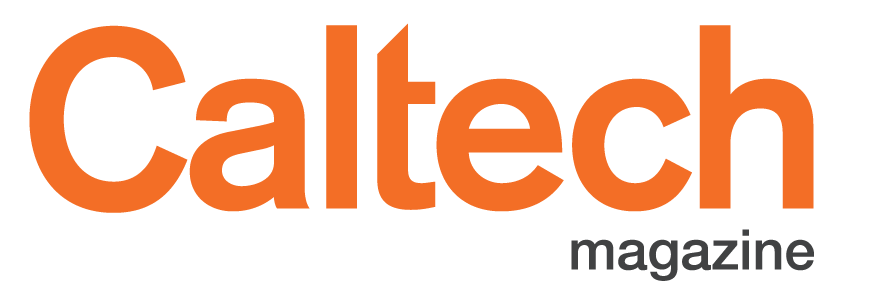From the Neuroscience of Language to Neutralizing SARS-CoV-2: Kate Radford’s Science Journey
Kate Radford, a Caltech graduate student in biochemistry and molecular biophysics, studies proteins involved in interactions between pathogen and host, such as between a virus and a human. In the lab of Pamela Björkman, the David Baltimore Professor of Biology and Biological Engineering and Merkin Institute Professor, Radford investigates antibodies that combat SARS-CoV-2, the virus that causes COVID-19. As she explains in her Science Journeys lecture, Radford is a long way from where she started.
Like many children, young Radford loved science of all kinds. She was interested in a litany of “-ologies,” including vulcanology and meteorology. However, she struggled in math and science classes at school, which convinced her that a life in the sciences wasn’t in the cards.
She earned her first two degrees in linguistics instead. During that time, Radford became interested in big questions that lie at the intersections of language, neuroscience, and psychology. While at the University of Oxford, she contacted a professor in the Department of Psychiatry, Philip Cowen, and told him that she had developed a hypothesis that she wanted to pursue as part of a PhD about how the physiology of pain interfaced with that of depression and anxiety. The professor told Radford it was an interesting question, but he noted she would have to gain biochemistry experience first. It was a moment of clarity. Radford went back to school at the University of British Columbia and earned her bachelor’s in biochemistry, which led her to Caltech as a graduate student.
“All of a sudden, all of the doubt that I had about whether or not I could do science vanished,” she said. “I decided it didn’t matter whether or not I could do science; it only mattered that I had to try. I knew that I had to give it a shot.”
The Science Journeys series—one of Caltech’s free signature lecture series—features graduate students and postdoctoral scholars explaining scientific topics and concepts that align with their research. Programs are designed for grades eight and up, but everyone is welcome to attend.
